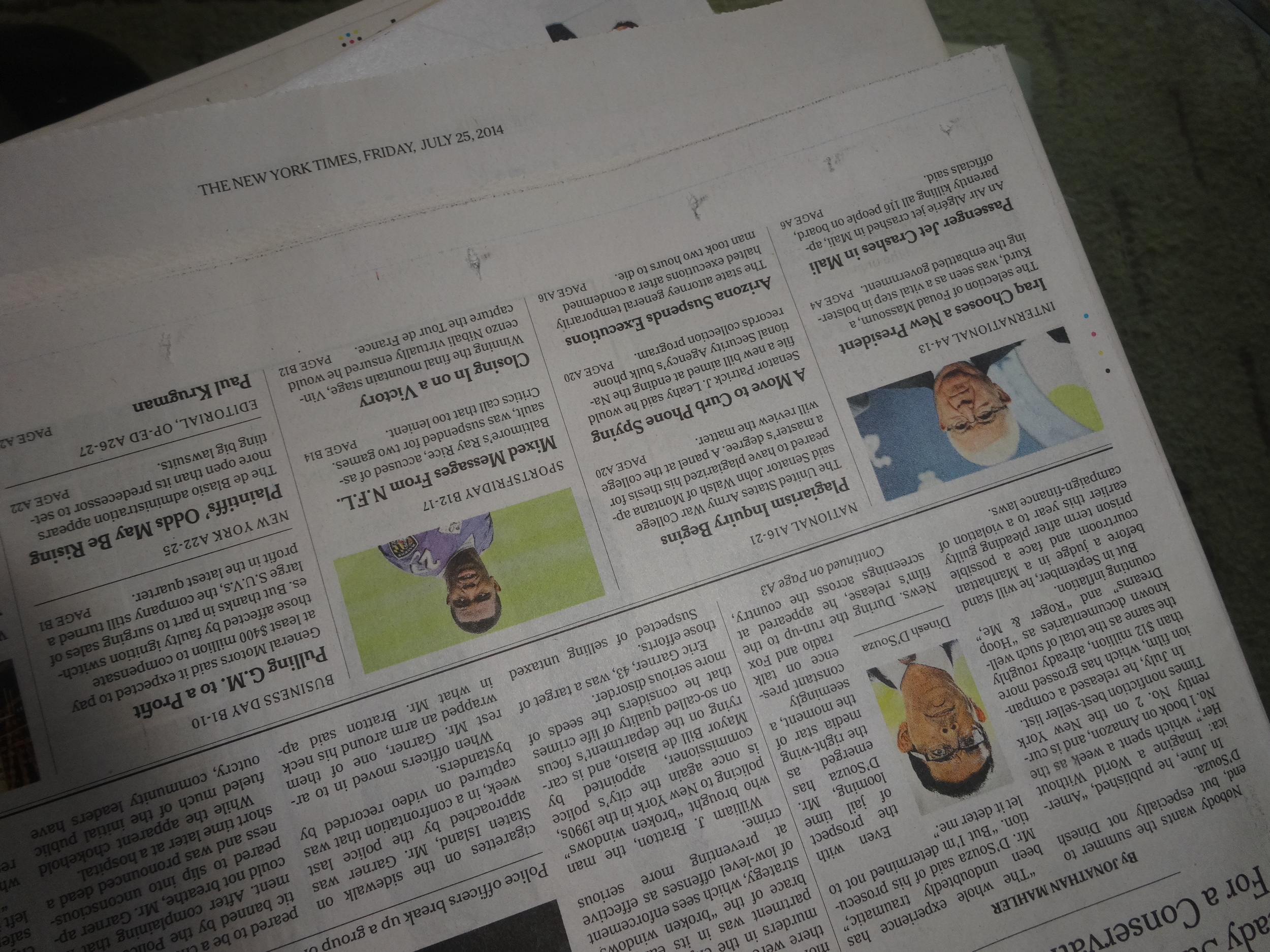We are navigating a difficult food world, fraught with so much misinformation and downright inaccuracies. Just think of the cholesterol and fat myths that caused the egg white omelet and "lite" fat syndromes, and that were proven wrong in the end. Especially as mothers, in charge of food and the health and wellbeing of our families, it's like stepping through a minefield these days. And even though we want the healthiest foods for our families we have to police within reason without becoming rigid fundamentalists about it.
Many teens in this country develop a dysfunctional relationship with alcohol, because the culture is too fundamental about it - no alcohol, none, until you are 21. Of course this forbidden fruit becomes super desirable, and college binge drinking is a real problem. When I grew up in France kids would get a drop of red wine into their water with dinner, and the older the children became the pinker the wine would become - more drops of wine were added. There the children are brought up to drink responsibly and in moderation within the family environment, no need for binge drinking.
In my wider circle of acquaintances there are some sugar cops. Granted that sugar is unhealthy in large quantities (like anything in excess), that we have a diabetes epidemy in this country, that many are literally addicted to sugar. No wonder. Big Food has put sugar into just about everything and the sugar lobbies are going strong. I find most American dessert recipes (cookies, cakes, puddings, ice cream) too sweet and cut the sugar amount by about 1/3. I also find that many breads have sugar in them (sugar in bread, say what?), that bottled salad dressings are really sugary (just use oil and vinegar), and that the super sweet corn tastes like candy (yuk).
It's just that abstinence and prohibition always seem to achieve the exact opposite of what we are aiming for. Yes, I used to skim from my kids' Halloween bags, every day a bit, so it wouldn't be so noticeable, to reduce the pile. Yet, I wouldn't make them throw it all in the trash or donate it to the local dentist (who would in turn donate it to overseas troops - why should they eat the poison?). They were allowed to eat it (some), although for Easter and St. Nicholas they get good dark chocolate instead of candy. I used to allow each of my kids to choose one of those colorful sugary mainstream cereals once a year, and take them to a fast food place just before school starts in the fall.
So we learn by comparison. It's just as important to experience the opposite in order to crystalize out the healthy choices. If your thinking is balanced and makes sense, if you model "good behavior" (and don't sneak a candy bar when you think they are not looking, or drink excessively at a party in plain sight) your children will get your arguments about healthy and balanced choices. Then you'll come out on top and so will they.





